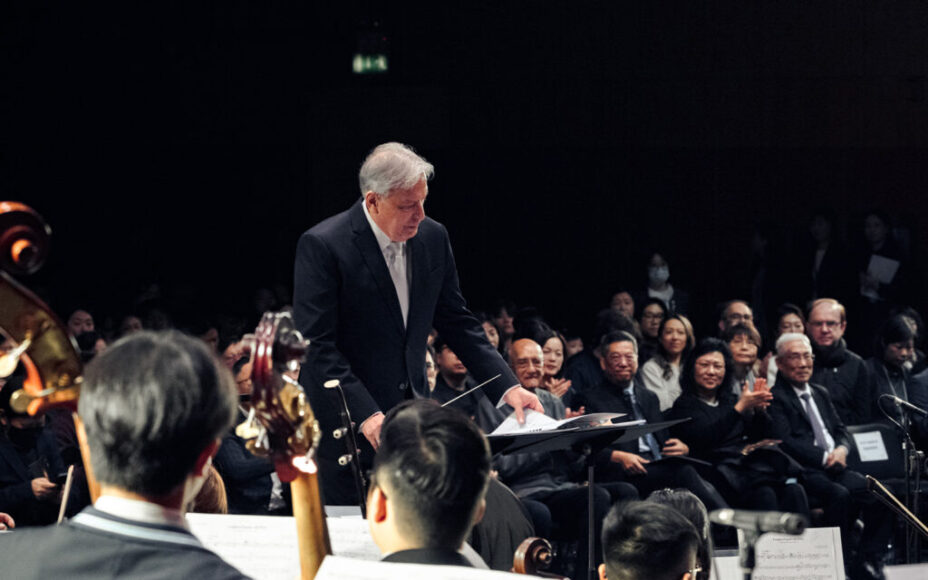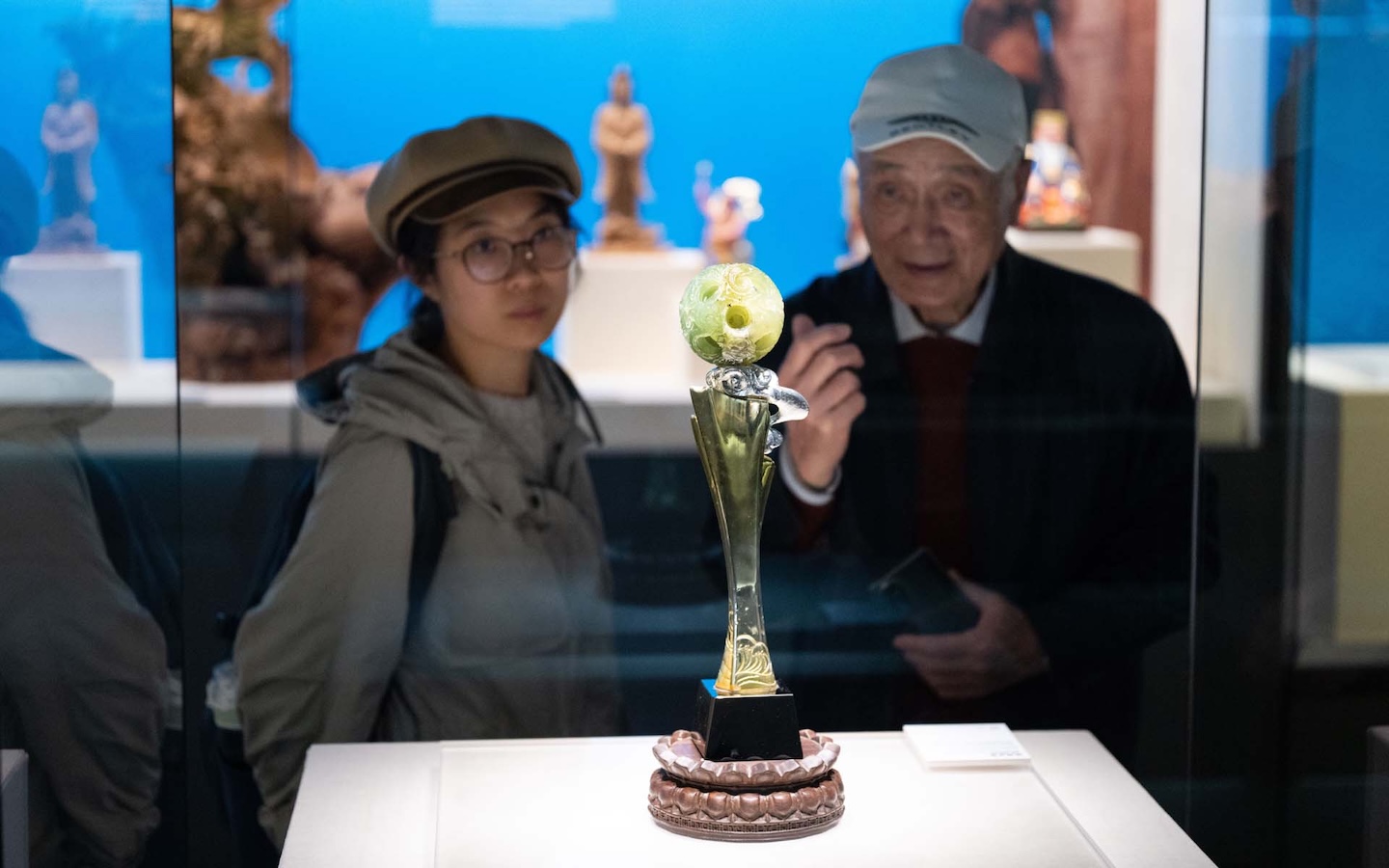Around the middle of last year, a colourful flyer from Macao’s Cultural Development Fund (known by its Portuguese initials, FDC) started circulating among the faculty a local high school. The FDC was soliciting applications from anyone interested in pulling together a large-scale event – musical or artistic – to commemorate 2024’s two big anniversaries: 75 years of the People’s Republic of China, and 25 years of the Macao Special Administrative Region (SAR), set to be celebrated together in December.
The bulletin received its fair share of attention at Macau Baptist College, but not from Oswaldo Veiga Jardim, a Brazilian-born conductor affiliated with the school. He was focused on spending the summer holidaying with his wife, who happens to be its vice principal. When colleagues spoke to him about the FDC’s request, Veiga Jardim smiled and shrugged. In his opinion, the challenges of recruiting enough good musicians and pinning down a suitable venue would prove too difficult on such a tight deadline.
Veiga Jardim arrived in Macao in 1989, when he was in his late-20s. He started off as a conductor, then transitioned into education – which saw him mentor many of the city’s talented musicians over the decades. But his passion for conducting was always there, and Veiga Jardim never stopped dreaming of someday building an independent orchestra. Something akin to the Vienna Philharmonic, which is managed by its own artists.
While he’d initially brushed off the FDC’s invitation, Veiga Jardim’s mind kept returning to it. Could this be the opportunity he’d been waiting for? Moreover, 2024 also marked the 200th anniversary of Ludwig van Beethoven’s Ninth – his final symphony – which premiered in Vienna in 1824. It seemed like a sign: Veiga Jardim found himself submitting a grant application just before his holiday. “It was hard to ignore the overlapping appeal of celebrating all three anniversaries at the same time,” the conductor tells Macao magazine.
How to build your own orchestra
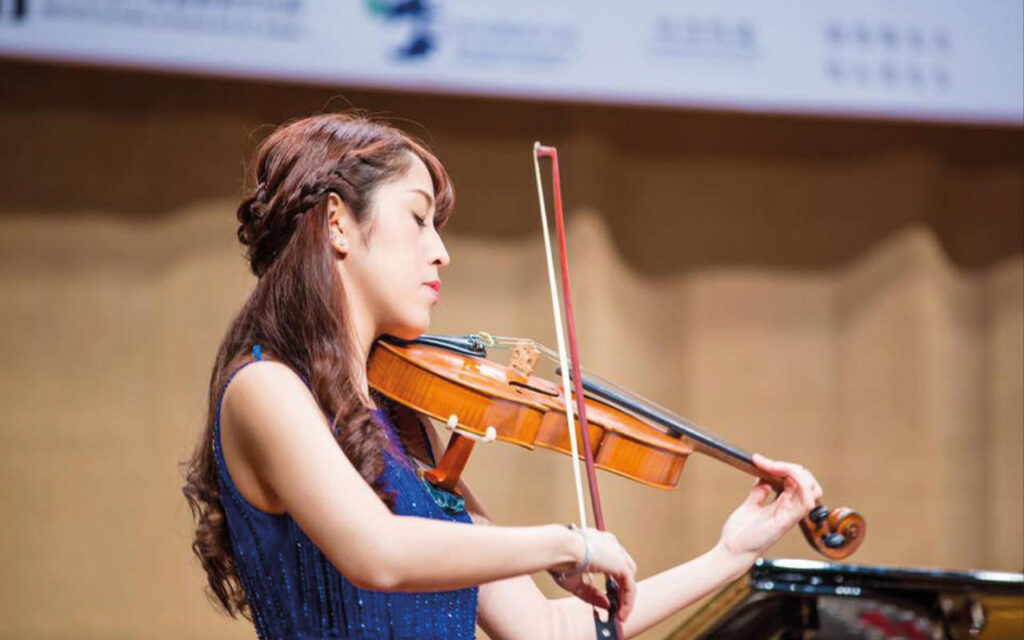
In late August, after Veiga Jardim had returned home to Macao, his wife received a phone call from the FDC. He says he could interpret the conversation through watching the smile appear on her face. “An emotional wave suddenly came over me,” Veiga Jardim recalls. Shock and excitement were quickly replaced by the uncomfortable sense he was already behind schedule, given his deadline was little more than a hundred days away.
It was time to scramble. The opulence of Beethoven’s Ninth requires a full-size orchestra – typically between 80 to 100 instrumentalists, plus another 90 or so singers – and Veiga Jardim wasn’t entirely confident Macao’s tiny population could deliver.
He immediately enlisted his colleagues to help reach out to every musician in their collective circle. One of the first to sign up was the clarinettist Kose Ko, a teacher at Macau Baptist College. Much to Veiga Jardim’s relief, she also pitched in with the many administrative tasks. “Coordinating the rehearsal schedule was by far the biggest challenge,” Ko tells Macao magazine. “Fortunately, our school has a highly competent and dedicated music department, and everyone worked collaboratively to accomplish this undertaking.”
The Macao-born violinist Katy Weatherly learned about the concert in September. She says she was immediately attracted to the concept, but found the logistical concerns and end-of-year calendar obligations hard to ignore.
“Besides mastering the technical complexity of Beethoven’s Ninth Symphony in a relatively short time, all the musicians were engaged with outside commitments,” Weatherly notes, underscoring that while some had busy work schedules, others were full-time students. She herself is an assistant professor of music and music education at the University of Macau.
Nevertheless, Weatherly threw herself into rehersals as a key asset of the orchestra, having trained at the US’ prestigious Juilliard School.
Bringing it all together
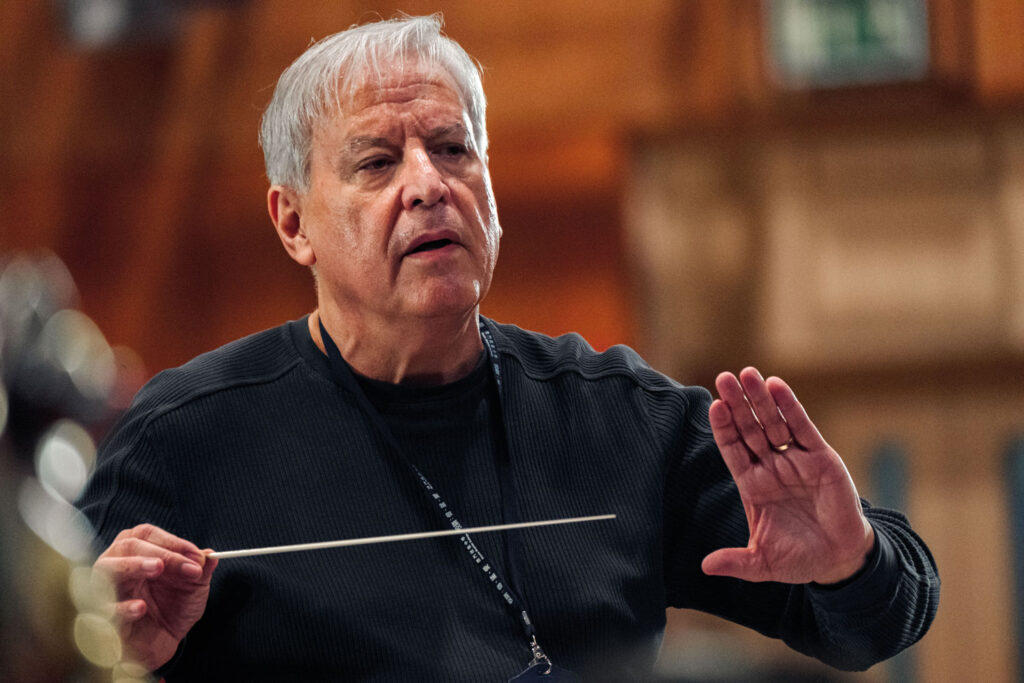
In the end, Veiga Jardim was able to muster a respectable amateur orchestra of 60 players (more than half of them from Macau Baptist College) along with a choir of 80 singers. The youngest participant was just 16 years old; the oldest was 70. The conductor acknowledges it wasn’t quite as large an ensemble as he’d hoped for, but says he was blown away by the quality of musicianship on offer in the city. Due to the time constraint, no auditions were held, meaning those enlisted were assumed to have already achieved a certain level of musical proficiency.
“A deep musically talented community resides in Macao,” Veiga Jardim notes with pride. “The question was not about their ability, but rather, their availability.”
He wasn’t on the home straight yet, however. Just a month before the concert, the choir withdrew from the project. A major blow given the prominence of the choral parts in the symphony’s final movement, “Ode to Joy”, which is supposed to represent triumph over adversity. The irony did not escape Veiga Jardim, who, even knowing that the setback put the entire concert in jeopardy, continued to hold sectional rehearsals.
At the eleventh hour, the broader musical community of the Greater Bay Area (GBA) came to his rescue: members of the Zhuhai School of Arts Chorus (珠海藝術職業學院師生合唱團) and the Hong Kong Oratorio Society stepped in to replace the singers who’d stepped down.
The final obstacle was the concert’s venue. As the clock ticked, as the ensemble rotated between different rehearsal spaces in the city, effort after effort to secure an acoustically suitable concert hall fell flat. Veiga Jardim remained determined: “If it were necessary, I would have held the concert in the middle of the street,” he insists. Luckily, it never got to that point.
The solution the conductor settled for was not perfect, but it was a meaningful venue for many of the musicians: Macau Baptist College’s gymnasium. The violinist John Ma, who had studied under Veiga Jardim at the school, saw performing at his alma mater as a homecoming. “As a kid, I could never imagine playing Beethoven’s Ninth Symphony alongside fellow alumni under the tutelage of Veiga Jardim, my life mentor,” shares Ma, who now lives in Hong Kong. “I consider the event a memorable moment and milestone in Macao’s artistic development.”
Showtime
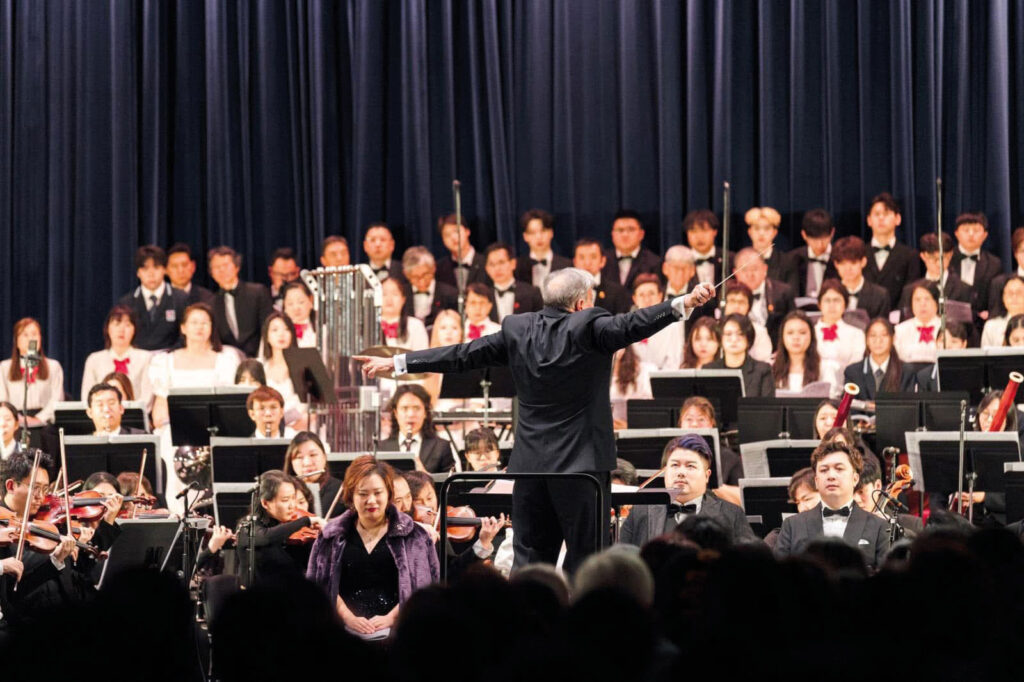
The band was ready, the venue secured. Finally, on 7 December, the first and only full-dress rehearsal took place. It sounded good, Veiga Jardim recalls. And thank goodness – the concert was set for the next day.
To those in the audience, including this reporter, the eyes saw plastic chairs and the usual amenities associated with a school gymnasium. But as the concert started, our ears were treated to something epic and transcendent, fully befitting the celebrations we were there to mark. As the concert drew to a close, echoes of the “Ode to Joy” finale moved the audience from our seats. We stood there, absorbing the glorious music that Beethoven himself had likely never heard (most scholars believe the composer had gone completely deaf by the time his Ninth Symphony premiered). The concert was a success. Testament to the depth and breadth of the GBA’s musical talent pool.
For 100 days, Veiga Jardim lived his dream, managing his own independent orchestra. He says the experience fuelled him with renewed energy to pursue ambitious musical endeavours in Macao. When asked if he would apply for another FDC grant, Veiga Jardim answered “yes” without hesitation.
“It was an incredible performance,” he reflects. “Imagine what we could accomplish if we had two full rehearsals.”
